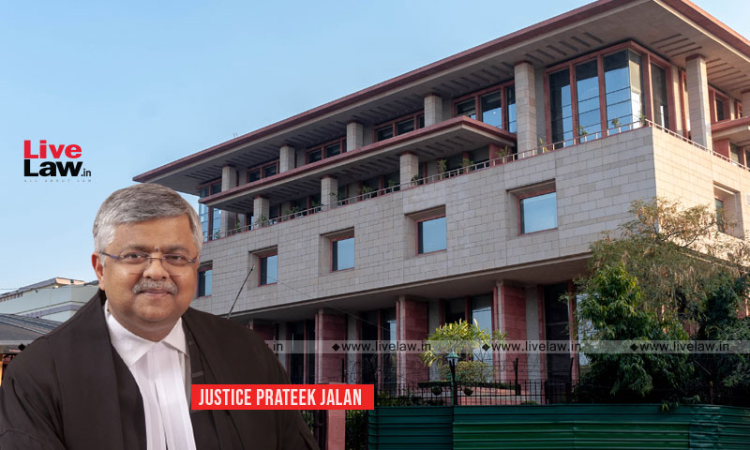The Delhi High Court bench of Justice Prateek Jalan has held that if an arbitrator concludes that she was not appointed according to the arbitration clause, then any discussion on the merits of the claims and the award of costs against the Respondents exceeds the arbitrator's jurisdiction. Brief Facts: The matter pertained to a petition which challenged an arbitral award...

